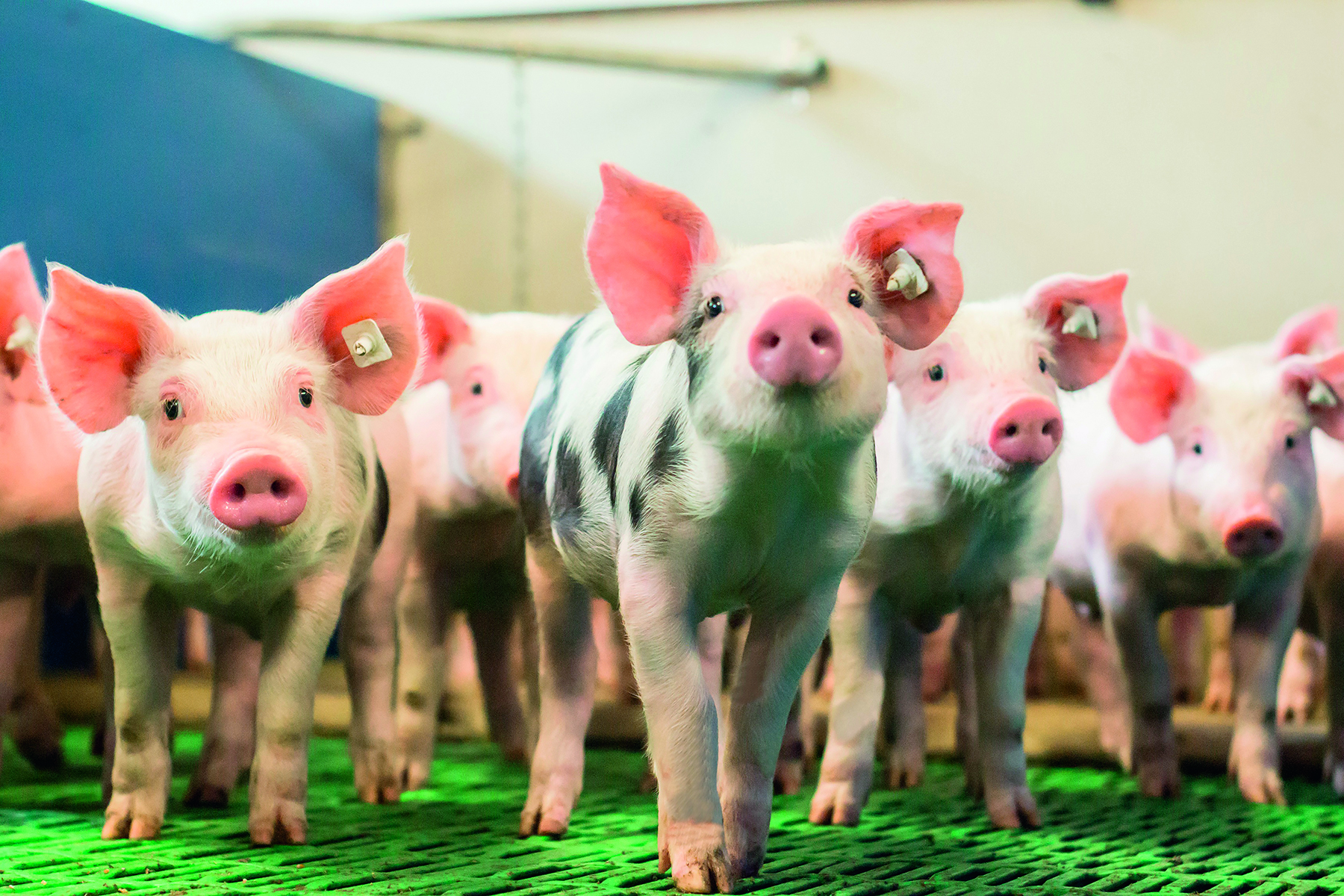

Since June 2022, the medicinal use of zinc oxide has been banned in the EU. What is the impact on animal nutrition, especially on health and welfare of piglets? For decades and especially since the world-wide ban of antibiotics growth promoters had begun, zinc oxide at pharmacological dosages has been widely in use to effectively control diarrhoea in post-weaning piglets. But much like AGP, zinc oxide is a double-edged sword. It promotes the selection of antimicrobial resistant pathogens like E. coli in the intestine and is a co-factor in the development of resistance in Gram positive bacteria. Since there is also concern about possible contamination of the environment, the use in therapeutic dosages has been under scrutiny in several countries, not only in the EU. The decision to ban zinc oxide from piglet feed has long been taken, yet the search for effective alternative control measures is still ongoing. With the ban finally in place, concerns are growing that post-weaning diarrhoea in piglets will increase.
The truth is that there is no miracle drug to simply replace medicinal zinc oxide in the diets of weaning pigs. However, this does not mean that there is no alternative. In fact, it may even turn out to be a better solution for all concerned in the end. Since nutrition plays a key role in keeping the piglets healthy, the early feed intake of piglets is of utmost importance..
Organic acids have long been established as one of the most successful groups of feed additives in piglet nutrition. Since they are able to reduce gastric pH and lower the acid binding capacity of the feed, they support a proper protein digestion in young animals, have a direct antimicrobial effect, reduce coliform bacteria in the intestine and lower the incidence of diarrhoea. Therefore, it makes sense not only from an economic point of view to use effective feed acidifiers to prevent diarrhoea.
The second option looks even more promising on the whole: Phytogenic formulations offer very promising solutions for the challenges faced in modern animal production. For instance, they contain plant metabolites to improve health and performance of weaned piglets. Modes of action include alleviating stress-related problems, reducing inflammation, supporting the immune system and improving feed intake.
Post-weaning diarrhoea still is one of the major welfare concerns in pig production. Antibiotics and pharmacological levels of zinc oxide used to be the most effective way to prevent PWD. There is a chance that the ban of pharmacological zinc oxide will lead to an increase in antibiotic use for necessary treatment of nursery pigs. However, one thing is certain: We should use all known tools in the management box to optimise pre- and post-weaning management. This is our best option to mitigate the negative impact on health and welfare of young piglets and to improve overall profitability of the operation in a sustainable way.